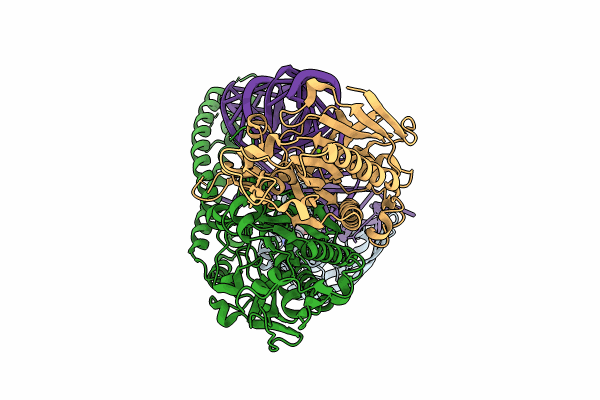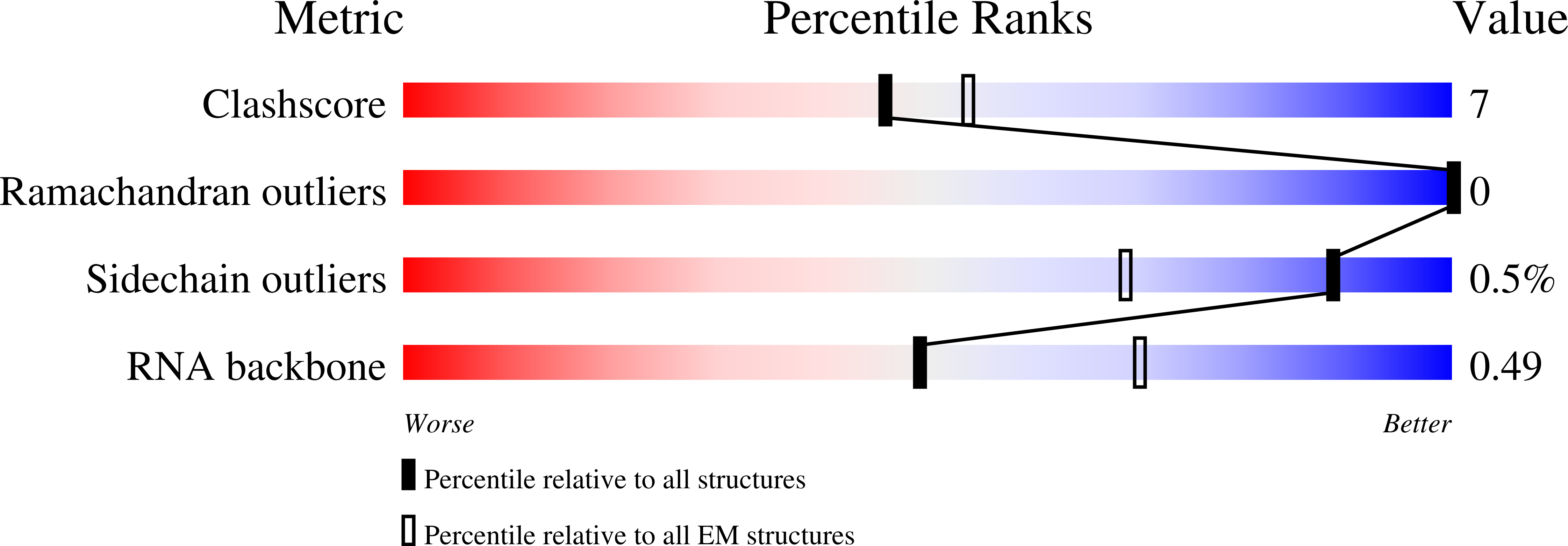
Deposition Date
2023-05-30
Release Date
2024-06-12
Last Version Date
2025-12-10
Entry Detail
PDB ID:
8P7D
Keywords:
Title:
CryoEM structure of METTL6 tRNA SerRS complex in a 1:1:2 stoichiometry
Biological Source:
Source Organism(s):
Homo sapiens (Taxon ID: 9606)
Trichoplusia ni (Taxon ID: 7111)
Trichoplusia ni (Taxon ID: 7111)
Expression System(s):
Method Details:
Experimental Method:
Resolution:
4.20 Å
Aggregation State:
PARTICLE
Reconstruction Method:
SINGLE PARTICLE


